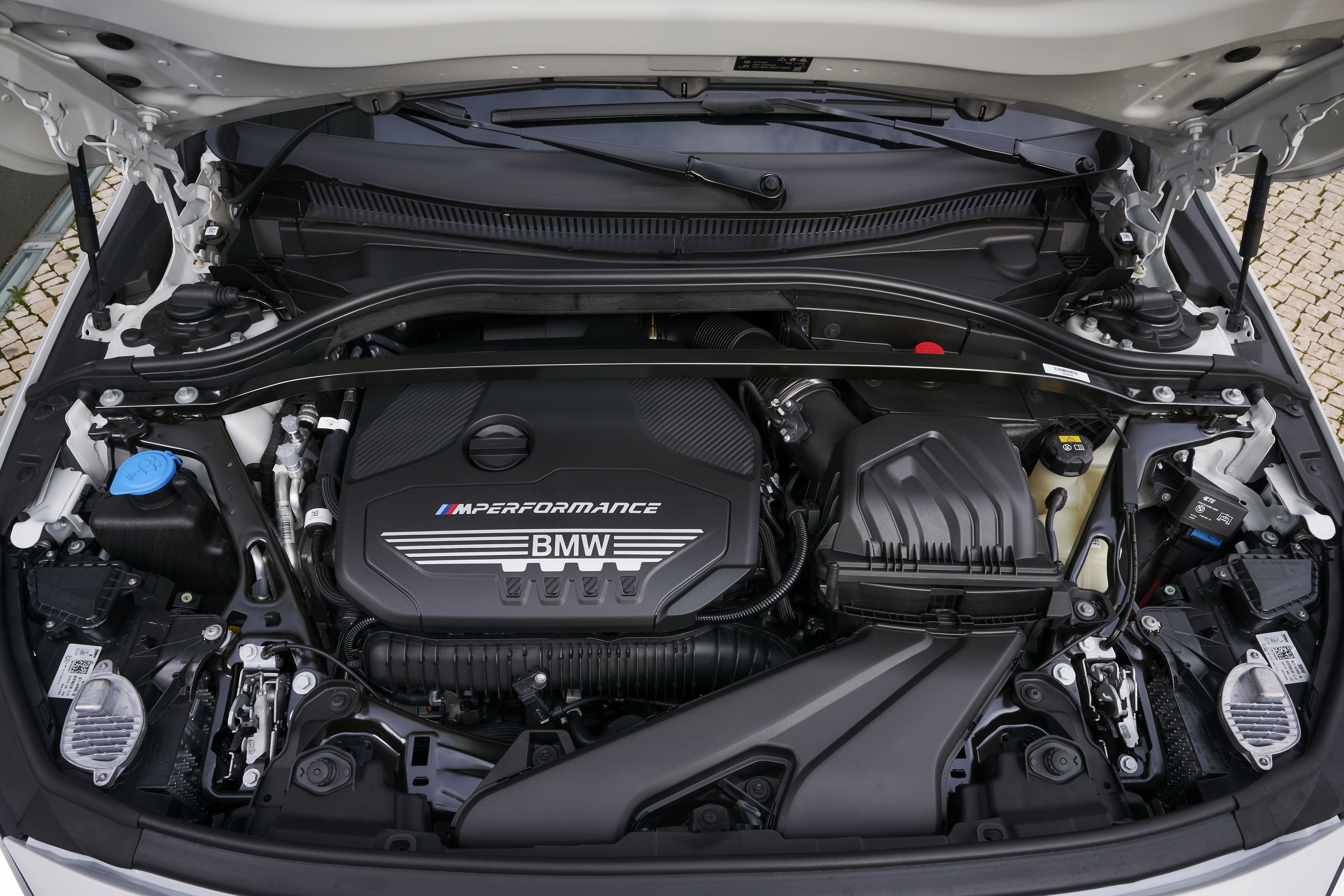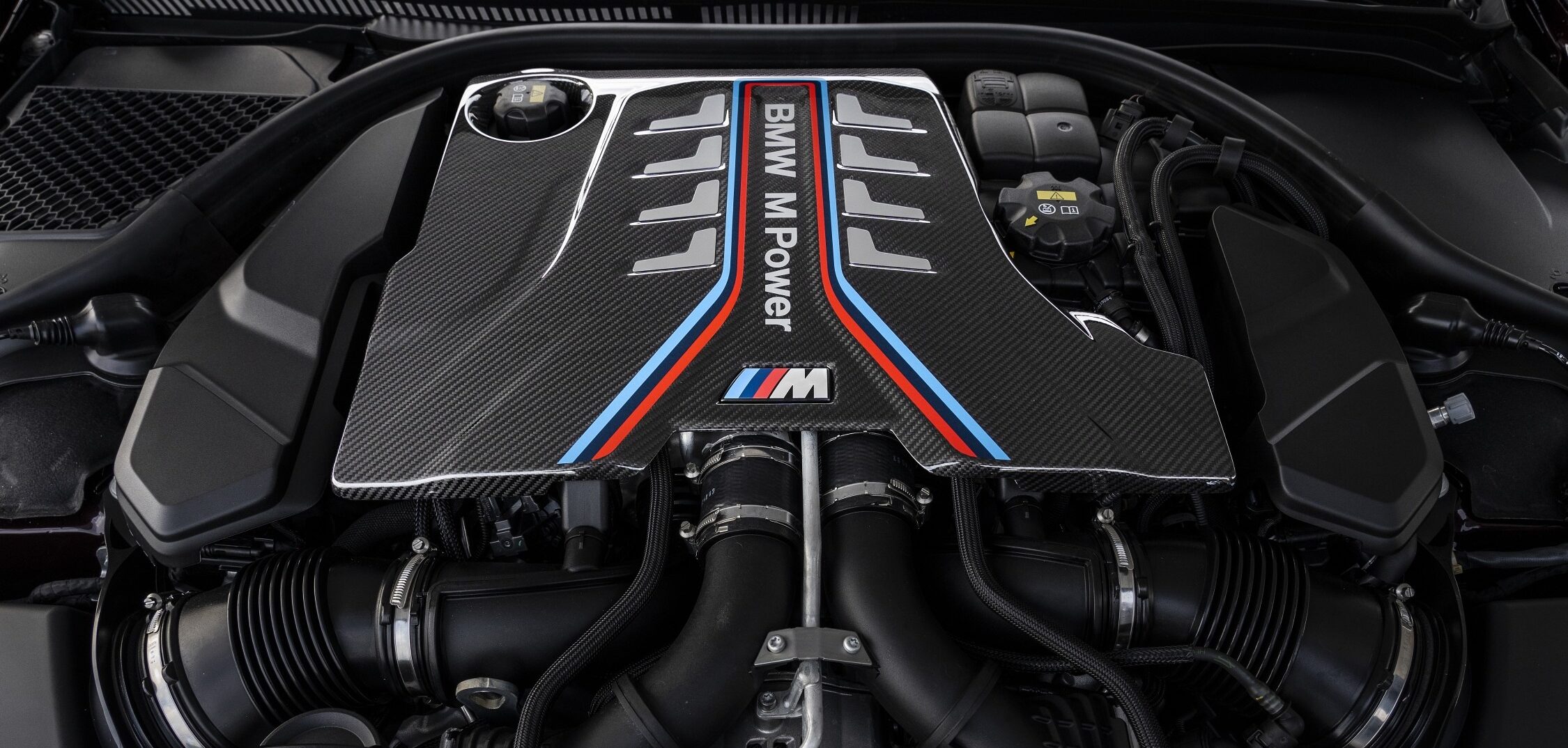Revealing the Intricacies of Next-Generation Power Units: a Deep Study Advanced Engine Technologies and styles
As we stand on the precipice of a new age in transport, the intricacies of next-generation engine designs bid us to explore the sophisticated modern technologies and technologies that assure to redefine the driving experience. Digging much deeper into the worlds of exhaust control, intelligent engine administration systems, and the horizon of power unit growth, we discover ourselves on the cusp of an improvement that promises to improve the landscape of movement as we understand it.
Advancement of Engine Products

The shift towards progressed engine products has additionally made it possible for designers to design engines with higher power results while preserving fuel performance criteria. For instance, using lightweight products decreases the general weight of the engine, leading to improved gas economy and lower emissions. In addition, developments in products innovation have allowed for better thermal management within engines, causing raised integrity and long life.
Turbocharging and Supercharging Technologies
Just How do Turbocharging and Supercharging Technologies reinvent engine efficiency and effectiveness in modern vehicles? Turbo charging and turbocharging are innovations that substantially improve engine performance by raising the amount of air consumption into the burning chamber. Turbocharging attains this by making use of a generator driven by exhaust gases to pressurize the consumption air, while supercharging makes use of a belt- or chain-driven compressor to achieve the exact same impact.
These innovations allow smaller, a lot more fuel-efficient engines to create power comparable to larger ones, called downsizing. Forcibly even more air right into the cyndrical tubes, turbocharging and supercharging boost burning performance, leading to enhanced horsepower and torque result without a substantial increase in engine size. This brings about much better acceleration, pulling capacity, and overall driving efficiency.
Furthermore, turbocharging and supercharging add to boosted fuel effectiveness by allowing the usage of smaller engines that take in much less fuel under normal driving conditions - bmw engine. This mix of boosted performance and effectiveness has made turbocharging and turbo charging essential parts of lots of modern engine styles
Emission Control and Environmental Effect
With increasing worldwide problems concerning air high quality and environmental sustainability, the execution of discharge control modern technologies in lorries plays an important function in lowering harmful toxins released right into the ambience. Modern vehicles are outfitted with sophisticated exhaust control systems that help minimize the environmental effect of automobile operations. Catalytic converters, as an example, are developed to transform hazardous gases such as carbon monoxide, nitrogen oxides, and hydrocarbons into less dangerous substances like carbon dioxide and water vapor.
Furthermore, advancements in engine technology, such as the assimilation of exhaust gas recirculation systems and discerning catalytic decrease, have considerably contributed to reducing exhausts. These innovations operate in tandem to maximize burning performance and reduce the launch of harmful contaminants into the air. Furthermore, the development of hybrid and electrical vehicles stands for an essential step in the direction of reducing the overall ecological footprint of the transport field.
Intelligent Engine Monitoring Solution

Moreover, these systems allow automobiles to satisfy rigorous exhausts standards without compromising performance, providing a much more ecologically pleasant driving experience. The assimilation of expert system and artificial intelligence capabilities in engine monitoring systems proceeds to push the limits of what is possible, leading to additional renovations in effectiveness, integrity, and overall vehicle performance. bmw engine. As auto innovation advances, smart engine administration systems will certainly play an important role fit the future of transportation towards a more reliable and lasting instructions
Future Trends in Power Unit Growth
As smart engine monitoring systems pave the method for enhanced control and optimization in modern lorries, future patterns in power unit development are poised to redefine the landscape of vehicle propulsion modern technologies. These different power sources use boosted performance and performance while straightening with rigorous ecological guidelines.
An additional substantial pattern is the assimilation of sophisticated materials and producing techniques. Lightweight materials such as carbon fiber and light weight aluminum are being made use of to decrease general vehicle weight, enhancing gas efficiency and efficiency. Additionally, developments in 3D printing and additive production are making it possible for the manufacturing of intricate engine parts with greater accuracy and toughness.
Furthermore, man-made intelligence and artificial intelligence are playing a crucial duty in maximizing power unit efficiency. These modern technologies permit real-time surveillance and adaptive control, resulting in a lot more efficient and trusted power delivery. Generally, future patterns in power unit growth are tailored towards performance, effectiveness, and sustainability, driving the vehicle market towards a new era of propulsion modern technologies.

Final Thought
In conclusion, the innovations in engine materials, turbocharging, discharge control, and intelligent administration systems have actually led the method for next-generation power units. These advancements have not just improved performance and effectiveness however also lowered environmental effect. As technology remains to evolve, future trends in power device advancement are likely to concentrate on more boosting sustainability and maximizing power result. The intricate designs and innovations in modern-day engines showcase the continuous evolution of automobile modern technology.
Discovering the dynamic innovations in engine products has actually been critical in boosting the performance and efficiency of modern-day engines. Over the years, the evolution of engine products has played a crucial function in pushing check out this site the borders of More hints what engines can accomplish.The shift towards progressed engine materials has likewise made it possible for engineers to design engines with higher power outputs while maintaining gas effectiveness standards.The implementation of smart engine monitoring systems in modern-day automobiles has transformed the method engines are managed and enhanced for efficiency and performance. By gathering data in real-time and evaluating it with innovative formulas, smart engine monitoring systems can adjust to driving styles, environmental aspects, and engine health to take full advantage of power outcome while minimizing gas consumption and emissions.